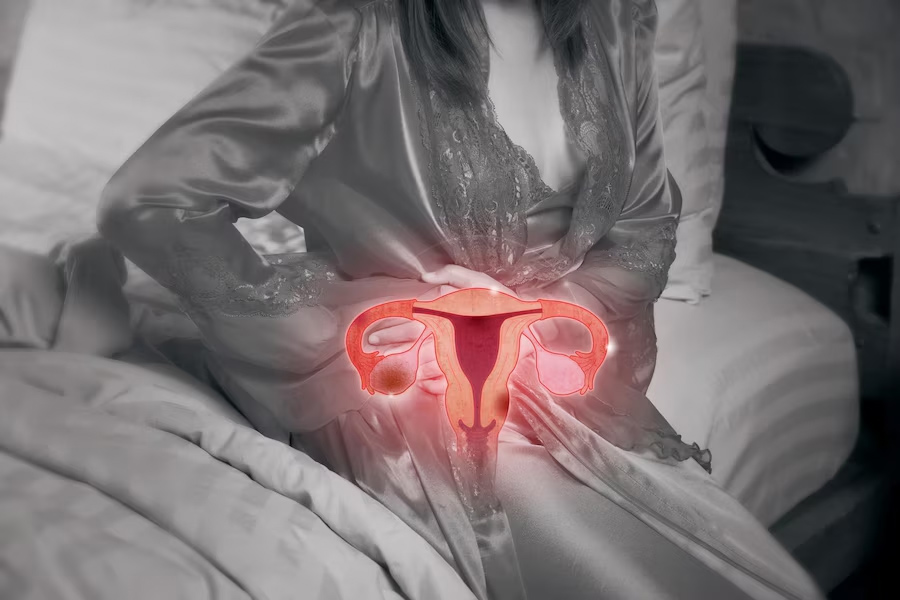
Frequent urination, a burning sensation while urinating, and abdominal pain or fullness are common symptoms of a Urinary Tract Infection (UTI). UTIs are bacterial infections that affect the urinary tract, which includes the kidneys, ureters, bladder, and urethra. However, they usually occur in the lower urinary tract and affect more women than men.
Table of Content:-
Given the organs involved, it's easy to assume that UTIs only cause urinary problems. However, that's not always the case. In this article, we will explore symptoms and complications that go beyond urinary issues, with a particular focus on diarrhoea.
Also Read: 5 Types Of People Most At Risk Of Urinary Tract Infection (UTI)
Can Symptoms Go Beyond Urinary Tract?![]()
In an interaction with the OnlyMyHealth team, Dr Govardhan Reddy, Senior Consultant Urologist, Aster CMI Hospital, Bengaluru, says, "The widespread occurrence of urinary tract infections (UTIs) and their effects beyond the urinary system is a significant area of focus in medical research. Although UTIs primarily present with symptoms confined to the urinary tract, such as painful urination, increased frequency, and urgency, there is an incidence of systemic symptoms that may develop."
These can encompass fever, general malaise, and gastrointestinal issues, suggesting that the infection can affect other systems within the body, he adds.
Can UTI Cause Diarrhoea?![]()
According to Dr Reddy, there is a growing body of evidence suggesting that UTIs can also lead to gastrointestinal symptoms, including diarrhoea.
One study published in the International Journal of Contemporary Pediatrics investigated the relationship between UTIs and diarrhoea in young children.
The researchers examined 120 children with diarrhoea and found that 17% of them also had UTIs. The most common bacteria causing UTIs was E. coli. Most children with UTIs were female and under one year old. The study concludes that diarrhoea can be a symptom of UTI in young children, and doctors should consider testing for UTIs in children with diarrhoea to prevent long-term complications.
"This connection may arise due to the body's inflammatory response to the infection, which can affect the gut and disrupt normal digestive processes. Certain antibiotics prescribed to treat UTIs can alter gut flora, potentially resulting in diarrhoea as a side effect," explains Dr Reddy, adding that complications associated with UTIs can include the spread of the infection to the kidneys, which may lead to more severe health issues such as pyelonephritis, sepsis, or chronic kidney disease.
Also Read: Why It Hurts When You Pee: Possible Causes
Difference Between UTI-Induced Diarrhoea And Gastrointestinal Infection![]()
Differentiating diarrhoea resulting from a UTI from that caused by other gastrointestinal infections can be a complex task, says Dr Reddy. However, the doctor notes that it is essential for administering effective treatment.
Generally, diarrhoea associated with a UTI may occur alongside other urinary symptoms, including increased frequency of urination, a burning sensation during urination, and discomfort in the lower abdomen, which are typically absent in gastrointestinal infections.
On the other hand, gastrointestinal infections usually present with additional symptoms, such as nausea, vomiting, and abdominal cramps, and may be associated with recent meals or exposure to contaminated food or water.
To confirm diagnosis, a comprehensive medical history, combined with targeted diagnostic tests, can assist healthcare providers in determining the root cause of diarrhoea, thereby ensuring that patients receive the appropriate treatment specific to their condition.
Treatments To Seek
If UTI is accompanied by non-specific symptoms like diarrhoea, there is a likelihood that the treatment may be more complicated than usual. This is because the presence of diarrhoea can also lead to other health problems like dehydration, which can affect the absorption of medications.
So, it is crucial that you ensure adequate hydration and consider the use of oral rehydration solutions. Additionally, healthcare providers may recommend specific antibiotics tailored to the UTI while also assessing the need for antidiarrhoeal medications, depending on the severity and underlying cause of the diarrhoea, Dr Reddy concludes.
Also watch this video
How we keep this article up to date:
We work with experts and keep a close eye on the latest in health and wellness. Whenever there is a new research or helpful information, we update our articles with accurate and useful advice.
Current Version


